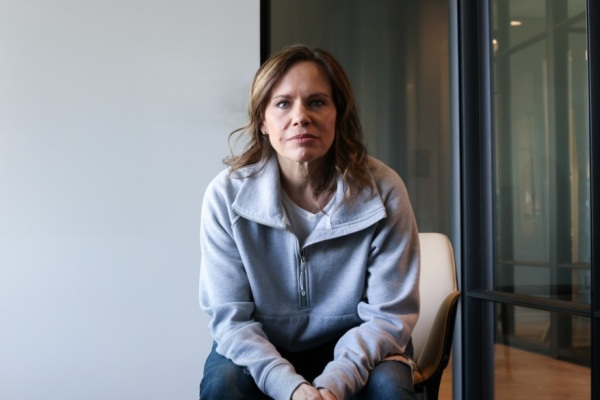Internet church sues over law in Tennessee that bans ministers ordained online from performing weddings

Universal Life Church, an online non-denominational religious organization that has ordained more than 20 million ministers around the world for free through their internet ministry, has sued the state of Tennessee over a law that bans online ministers from officiating weddings.
Attorneys for the Seattle-based church contend that the law, which is set to take effect on July 1, violates the First and 14th amendments to the U.S. Constitution and part of the Tennessee Constitution, according to Knox News.
The lawsuit cited by the publication argues that law violates the First Amendment by discriminating against "certain religions or religious denominations." It also notes that the law "prefers" certain denominations by allowing some ministers to solemnize marriages while preventing those with "online ordinations."
The church further argues that the law violates the First Amendment by prohibiting Universal Life Church and their ordained ministers their rights to freely exercise their religion.
Listed as defendants in the lawsuit are Tennessee State Attorney General Herbert H. Slatery III as well as four county court clerks: Wayne Nabors of Putnam County, Lisa Duke Crowell of Rutherford County, William K. Knowles of Hamilton County and Elaine Anderson of Williamson County. ULCM minister plaintiffs live in the areas covered by the clerks and represent the areas in which they wish to perform weddings.
Knox County Clerk of Court Sherry Witt told Knox News earlier this month that her office doesn't check the credentials of any wedding officiant even though about 300 to 350 marriage licenses are issued each month.
"My duties are to make sure the paperwork sent to the state is accurate. We are not allowed to question the authority of a marriage; we do not know who is ordained (online)," she said.
The new law, Witt argued, "brings clarity to a gray area" regarding online-ordained officiants or ministers.
The amended 1998 Tennessee code, notes Knox News, says regarding those who can solemnize marriages in the state that "any such minister, preacher, pastor, priest, rabbi or other spiritual leader must be ordained or otherwise designated in conformity with the customs of a church, temple or other religious group or organization."
It also notes that "such customs must provide for such ordination or designation by a considered, deliberate, and responsible act."
A 2015 Tennessee attorney general's opinion argued that the language in the code disqualifies online ministers.
"Other than the click of a mouse," the 2015 opinion reads, the online ordination was not the required "considered, deliberate, and responsible act."
The ULC is well-known for their work on religious freedom, social justice, and spiritual expression.
“While the Universal Life Church Monastery has become a global leader in these fields, it largely attributes that status to the commitment and competence of the millions of empowered ministers brought together in a world tent of togetherness,” the church says on its website, "the church says on their website.
It also “performs and records all ordinations, ships out minister supplies like Ordination Credentials and Letters of Good Standing, and fights daily for the rights of its ministers and persecuted individuals everywhere.”





















